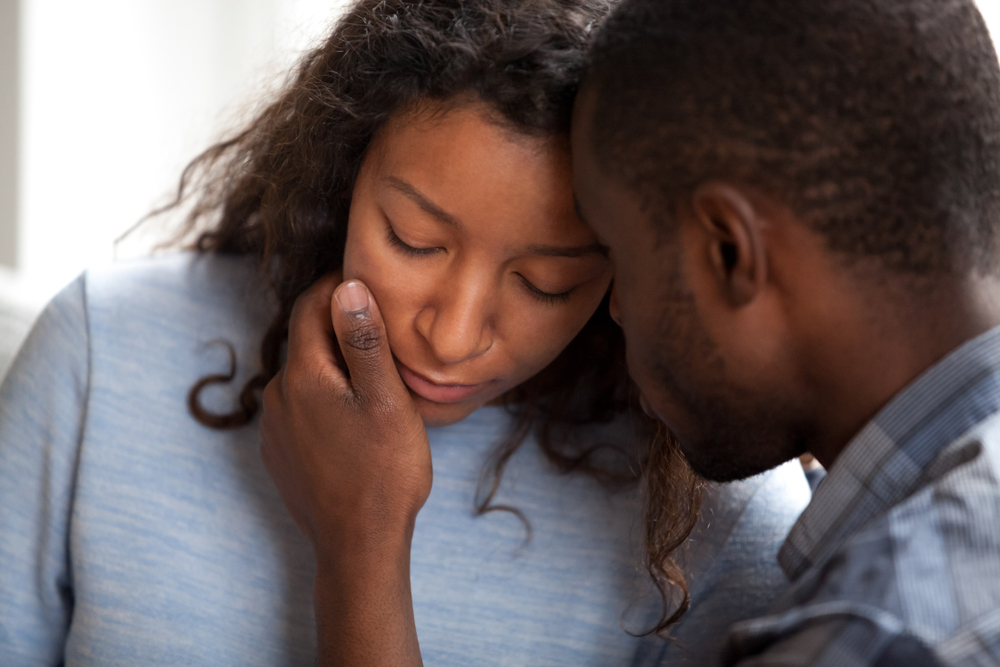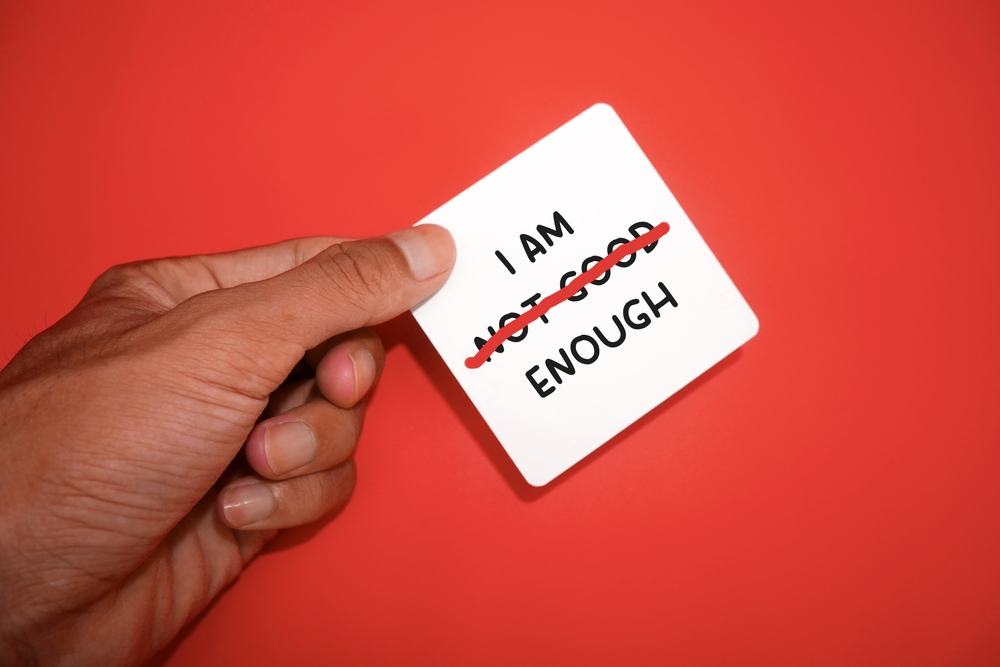If you are in a committed relationship with a depressed partner, it can feel like you are both the cause of their distress and one of the only people that can help. Unmarried partners can struggle to balance their boyfriend’s or girlfriend’s privacy with getting them the help. Here are some things you can do to help your depressed partner deal with the symptoms of their mood disorder.
Dating Partners May Not Know About Each Others’ Depression
Spouses generally know a lot more about their husband or wife’s medical history than unmarried partners. Especially if you don’t live together, you may not know that your partner is taking an anti-depressant or struggling with depression symptoms. If you think your partner is depressed, you may need to have a direct conversation with them about their medical conditions or history. Don’t jump to the conclusion that your partner is depressed. Instead, be honest and open about your concerns, and encourage them to tell you if they are struggling and need help.
Get Help for Your Depressed Partner
Talk to a psychotherapist today about how to help your partner deal with depression.
Signs You are Dating a Depressed Partner
That said, depression can make it harder for your partner to recognize their own mental health situation and get the help they need to move through it. As an intimate partner, you are in a good position to offer help and support, but only if you know the signs:
- Sudden changes in habits or behaviors
- Withdrawing, cancelling plans, and isolating themselves
- Avoiding contact or “leaving you on read”
- Spending more time on solo activities or hobbies
- Loss of energy or focus
- Confusion or slowed thinking
- Changes in sleep patterns
- Lost interest in sex or intimacy
- Increased sadness or anger
- Use of alcohol or drugs (beyond usual habits)
- Suicidal thoughts or preparation
How to Help a Depressed Partner
How you respond to the signs your partner is depressed can help them cope or send them further into a downward spiral. The first step is to educate yourself about what depression is, how it is treated, and what loved ones can do to help a depressed partner.
Avoid Blame
Sometimes when people are depressed, they get angry or stop performing normal tasks. It can be easy when dating a depressed partner to get angry back or blame them for the work not being done. However, this can echo the voices in their head and make them feel even more worthless or blameworthy. Avoid making accusations; make observations instead. For example, rather than saying “you didn’t take out the trash” say “it looks like the trash is piling up.” It is okay to say how your observations make you feel but avoid blaming them for those feelings.
Get Active
If you see your partner sleeping a lot or becoming lethargic, invite them to go with you to the gym or on a walk. Fun physical activities can change the way a depressed brain functions and fend off the depressed behavior. If exercise isn’t your thing, you can also schedule meetups with friends or suggest outings you both enjoy.
Model Good Mental Health Self-Care
Often, a depressed person can’t imagine what will make them feel better, but if they see you doing something good for yourself, they may decide to join in. Good self-care can include:
- Establishing a regular sleeping and waking schedule
- Exercising regularly
- Eating healthy foods
- Meditating
- Limiting drugs and alcohol
- Talking to members of your support network
You can invite your spouse to join you in a “challenge” or simply ask if they want to try the habit too. It is okay if they say no. There is no downside to self-care.
Offer to Go to Therapy with Them
For someone with untreated depression, getting help in the form of medication or psychotherapy can be a big obstacle. Their disorder may tell them there is something wrong with them if they get a diagnosis or ask for help. One way to support a depressed partner is to offer to go along to the first few therapy appointments. If needed, you can consider it couples’ therapy, rather than mental health treatment. Once your partner starts talking with a professional psychotherapist, it may be easier to approach the subject of their depression, and get them help.
David Stanislaw is a psychotherapist with over 30 years of experience. He helps individuals and couples learn strategies to deal with depression and other mental health disorders within their relationships. Contact David Stanislaw to get help today.


 7 Ways Therapy Can Make You a Better Parent
7 Ways Therapy Can Make You a Better Parent Are Self-Destructive Behaviors Hurting You at Work?
Are Self-Destructive Behaviors Hurting You at Work? How Psychotherapy Helps PTSD
How Psychotherapy Helps PTSD